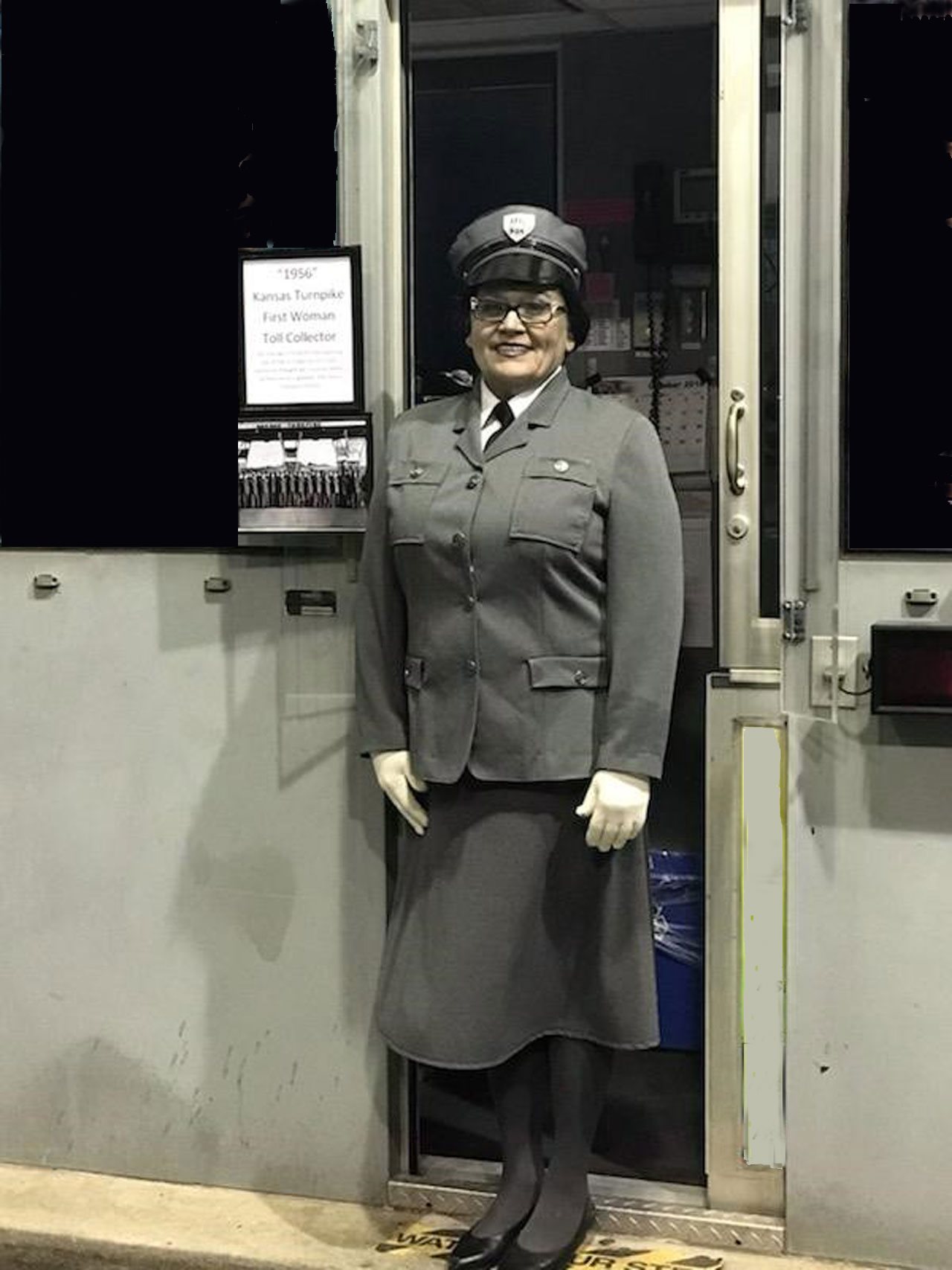
(BPT) - On any given snowy morning as you're making your way through rush-hour traffic, a legion of winter warriors has already been hard at work to help make sure you get where you're going safely. Below is a closer look at some of these winter warriors and what you might not know about those keeping you going this winter.
Salt truck driver:
Salt trucks handle more than just salt. There are a multitude of products today that are used to help melt snow and ice, and along with sand, they are used to give you more traction under your wheels. As the street superintendent of the public works department for the city of Crystal, Minnesota, Bill Bowman says that his team “makes normal happen.” By salting the streets and removing ice, Bill sees that what he does makes a difference and serves the community during the harsh winter months. Bill also comments that many people might not know public works professionals are also first responders, serving the community from start to finish during a winter event. In some cases, plows and trucks are diverted from their route to quickly clear the road for a fire truck or an ambulance.
Did you know ... Each salt truck holds 12 to 15 tons of salt and 218 gallons of calcium chloride. It's a weather-dependent position, so drivers need to be on call. Most drivers work 12-hour shifts depending on road conditions.[i]
Snowplow driver:

These brave men and women get out there when the snow starts flying, oftentimes in the middle of the night. They get the ice and snow out of your way, helping to make roads and parking lots safer. Kent Peddie, owner of Precision Snow Removal in Ottawa, Canada, has been in the business for 25 years. According to him, there is a golden rule when it comes to being in the snow removal business. “Always have backups to your backups,” Kent advises. “When it comes to winter weather, things can be unpredictable, and they can, and will, go wrong.” Having a backup plan ensures you will be able to get out there and serve your customers even if plans A and B fall through. Additionally, the snow-removal business is pretty unique when it comes to planning and can include 200-300 days of planning for what might be 10 to 20 snow or ice events.
Did you know ... Fully equipped snowplows can weigh 15 times more than your car. Although it is not illegal to pass them, it is best to give them a wide berth and let them do their jobs.[ii]
Tire manufacturer:

Tires matter! Your tires are the only things on your car that come into contact with the road, and they're a critical part of your winter driving safety. If you think "all season" tires are winter tires, think again. According to Jessica Egerton, Director of Brand Development for Cooper Tires, “Winter tires are specifically designed and formulated to improve braking and handling on snow and ice. While all-season tires are a great option for many people, if you live in an area that sees snow or severe winter conditions, we recommend installing winter tires from November through March.”
Did you know ... Snow-on-snow grip is better than rubber-on-snow. Winter tires are often designed to trap snow in the grooves of the tire for better braking performance.
Toll booth attendant:

Why are they winter warriors? Toll booths are manned 24 hours a day, seven days a week, every day of the year in all weather conditions. When the temperatures dip below freezing, it's a chilly job. Toll booth attendants also alert you of adverse weather conditions — if there’s a snow event headed your way, the attendant can make sure you’re aware. Patti Mitchell, who has been a toll booth attendant for 25 years in Kansas, shares that people might be surprised to know the wealth of skills that attendants must have in order to be successful. “In addition to accurately handling and counting money, attendants must have excellent customer service skills and knowledge of the state in order to help those in need of directions,” Patti said. “Also, we know CPR and a little bit of first aid in case a customer has a medical emergency.”
Did you know … Toll booth operators do much more in addition to collecting money. They are responsible for reporting incidents and crimes, notifying headquarters about roadway hazards and issues, as well as assisting drivers that might be in distress or find themselves lost.
Morning news team:

Your local morning news team, the news anchors, meteorologists and traffic reporters, are your first line of defense to let you know what you'll be dealing with before you walk out of the door. You'll get updates on the latest weather conditions, and what you might expect on the drive home, too. Emily Sutton, meteorologist and storm chaser for KFOR-TV in Oklahoma City, says that forecasting winter weather is one of the most difficult parts of her job. “Any meteorologist will tell you that winter weather is one of the hardest things to forecast because it only takes a half degree temperature difference between freezing rain, sleet and snow, and that’s a game changer — especially when driving on it.”
Did you know … Most local morning news programs typically start around 4:30 a.m. That means the news team needs to wake up around 2 a.m. How do they handle it? Many set their alarms for off-times like 2:21 just to convince themselves they're getting more sleep, never hit the snooze button, and it's very early to bed, around 6:30 p.m.
The next time you're headed out into winter snow, ice or sleet, you can rest easy that these winter warriors have your back. Visit Cooper Tires for more information about winter driving, and winter safety and maintenance tips.
[ii] https://wisconsindot.gov/Pages/doing-bus/local-gov/hwy-mnt/winter-maintenance/facts.aspx

